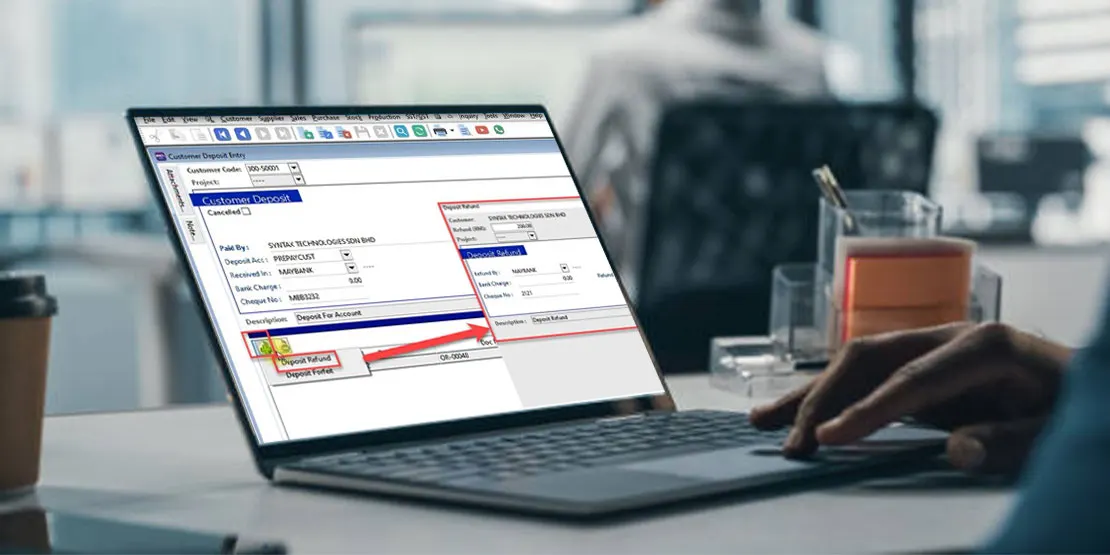
The Importance of Leadership in ERP Implementation
Leadership plays an important role at every possible stage of the ERP implementation process. These leaders help the user to define the vision for the project, align stakeholders from various departments, allocation of resources, and foster a developing culture of collaboration and accountability. On the other hand the user who do not choose to work with any strong leadership, they may face the risk and get those significant challenges that damage the ERP implementation in the long run.

Our ERP Implementation Team
ERP implementation is a process that plays an important role in the business, whereas the ERP implementation team has the individuals from both the users organization and the ERP vendor or the certified consulting partner. A well-structured team helps the user to bring a creative, innovative and an expertise approach to the table, here are a few individuals that plays a vital role in building a prefect ERP implementation team.
Senior Management
This individual acts as the key decision-maker in the overall project, they help the user to have a secured budget and resources, will also ensuring that the ERP implementation receives the necessary priority and commitment. The senior management helps the user to build workflow according to the vision, goals, and the overall project objectives of the implementation of ERP.
Project Manager
The project manager works on the complete ERP implementation project. These experts also works on developing the entire project plans, assigning the different tasks, monitoring the business progress, managing the organizations budget, and report to stakeholders. A skilled project manager works on keeping the systemic track of the project within scope, and within the allocated budget.
Subject Matter Experts (SMEs)
SMEs acts like a representatives from each functional department these departments can be finance, sales, manufacturing, these experts have the in-depth knowledge of their respective areas and helps the user to get insights into the business processes, user requirements, and the various potential challenges.
Super User
This person will are the one that learns the new process and solution for each department. Super users are the cross-functional experts and the internal “go-to” person after the implementation process is completed.
Change Management Lead
Implementing an ERP system comes with the significant changes to business processes and the overall users workflows. The change management focuses mainly on the predation of the organization against these changes, while also addressing the different employee concerns, and ensuring the user adoption.
IT Personnel
IT staff are the technical aspects of the implementation of the ERP, the works on the components like the system configuration, migration of important data, integration with the existing systems, and the ongoing support.
ERP Implementation Expert/Consultant
These external professionals helps the user to get a specialized knowledge of ERP systems and ERP implementation methodologies. They also guide the team throughout the entire process, they assist the user from the software selection process to go-live and beyond.
End Users
End users works on testing the new system to ensure that it meets their needs, as well as provides the user with the valuable feedback on any issues or the improvement process.

The skills our team has
There are a few skill set that the ERP implementation specialists must have for a successful ERP implementation:
Technical Skills
The ERP experts should be proficiency in various ERP software solutions as there can be chances the same business venture needs various ERP hence this familiarity with programming languages is important for the data manipulation.
Project Management
Skills like project management builds a strong organization that also manages the large-scale projects with tested methodologies like PMBOK, waterfall, Agile.
Analytical Skills
They should have the ability to analyze the various complex business processes and recommend the user with effective solutions.
Communication Skills
Communication plays an important role in this position hence the ERP consultant should have an excellent verbal and written communication skills which further provides an interacting with stakeholders at all possible levels.
Problem-Solving Skills
The ERP implementation specialist should have a solution making attitude especially during the troubleshooting issues in the implementation.

The Key Responsibilities we work on
Project Management
They keep a check on the overall ERP implementation process from initiation to completion.
The ERP experts develop and maintain the entire project plans, crafts the timelines, and regulate the budget for an ensured delivery.
They coordinate with the firms internal teams and the external vendors for the prefect alignment of the components like efforts and resources.
Requirements Gathering:
Always a skilled ERP specialist will conduct the initial consultations with their potential clients for a better understanding for their specific needs and objectives.
This analysis helps the user to identify the current areas for improvement and optimization.
System Configuration:
ERP implementation specialists develops the dashboard and operations according to the client specifications.
The developer understand the importance of customizing modules hence they develop them meet unique business requirements.
Data Migration:
The ERP consultant helps the user to manage their data and transfer it from legacy systems to an entirely new ERP platform.
The data accuracy and integrity is kept in mind all throughout the migration process.
Testing:
The skilled individuals develop the entire test scenarios and conduct various testing processes like the user acceptance testing (UAT) in order to validate the system functionality.
The testing phase also involves the Identification and the process of resolving in case of any issues that may arise.
Training and Support:
Provide comprehensive training sessions for end-users to ensure they are comfortable using the new system.
The ERP consultant also offers the ongoing support as a part of post-implementation to address any user queries or technical issues from the system.
Continuous Improvement:
The process involves identification of the areas for enhancement post-implementation for a better system performance.
Improvement can be only measured when the user have an updated system that also aligns with the industry trends and emerging technologies.

The elements our proposal includes:
Executive Summary
It contains a brief overview of the users project and its benefits.
Business Case
It covers all the detailed explanation of the business problem for which the ERP system is chosen.
Project Scope
The project scope has a clear definition of the project goals and the overall objectives.
Implementation Plan
It is like a detailed timeline for the entire ERP implementation project, that also includes the major milestones and deliverables in the venture.
Cost Estimate
A complete breakdown of all the different project costs, which also includes the components like the software licensing fees, implementation services, the overall hardware, training, and the advanced customization.
Team Structure
An overview of the ERP implementation team and all of their important roles and responsibilities are a part of these ERP implementation proposal.
Risk Assessment
An identification of all the potential risks and mitigation strategies are described there.
Conclusion
A summary of the key benefits of the implementation of ERP and a call to action is something that we put in this part of the ERP implementation proposal.
FAQs
Which is the best ERP implementation specialist?
O2b technologies is a trusted and one of the best ERP implementation specialist.
What is ERP implementation leadership?
Implementation leadership is like a systematic way of influencing the overall behavior which also reflects the positive outcome to get the better implementation of various ERPs.
Who are Executive Sponsorship?
An executive sponsor is one that manages the work on the senior level, these executive sponsors also help in improving the overall success of the users projects and also provides the elements like resources, support, and leadership.
What is the Responsibility of Project Champion?
The project champion plays a vital role in meeting the different business deadlines, works within the decided budget in order to achieve the overall objective set by the user.
What is an ERP skills?
There are many technical plus the soft skills that the ERP users should possess, like it should have the project management skills, a proper level of project planning and also the proper execution with the excellent verbal and written communication skills and definitely grow the business on the next level.
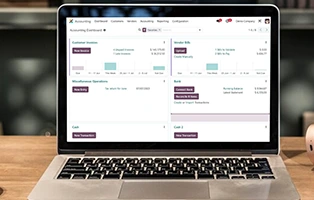




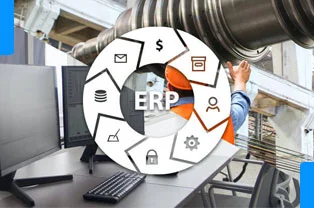





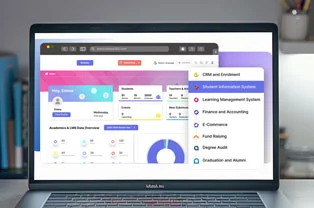












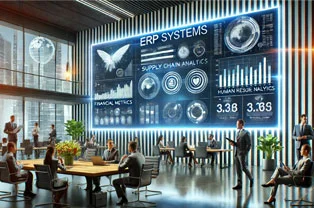








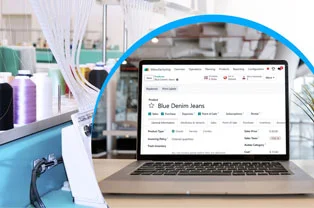


























 USA
USA INDIA
INDIA